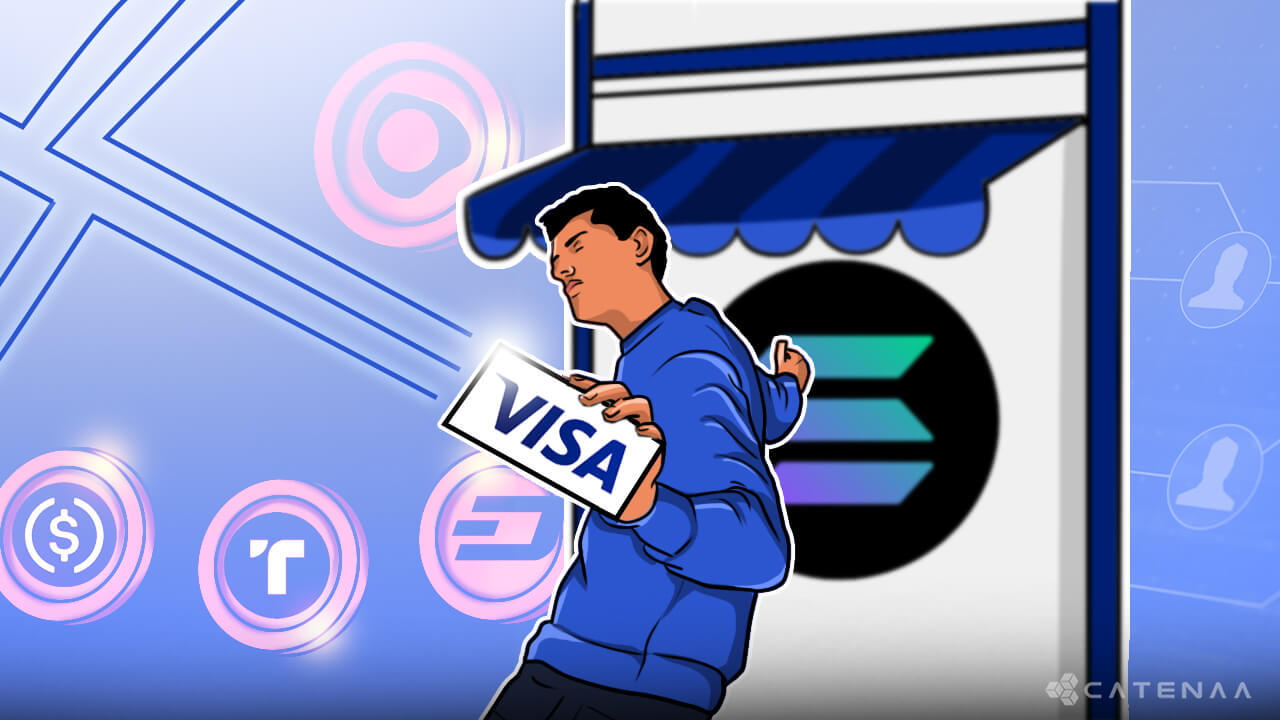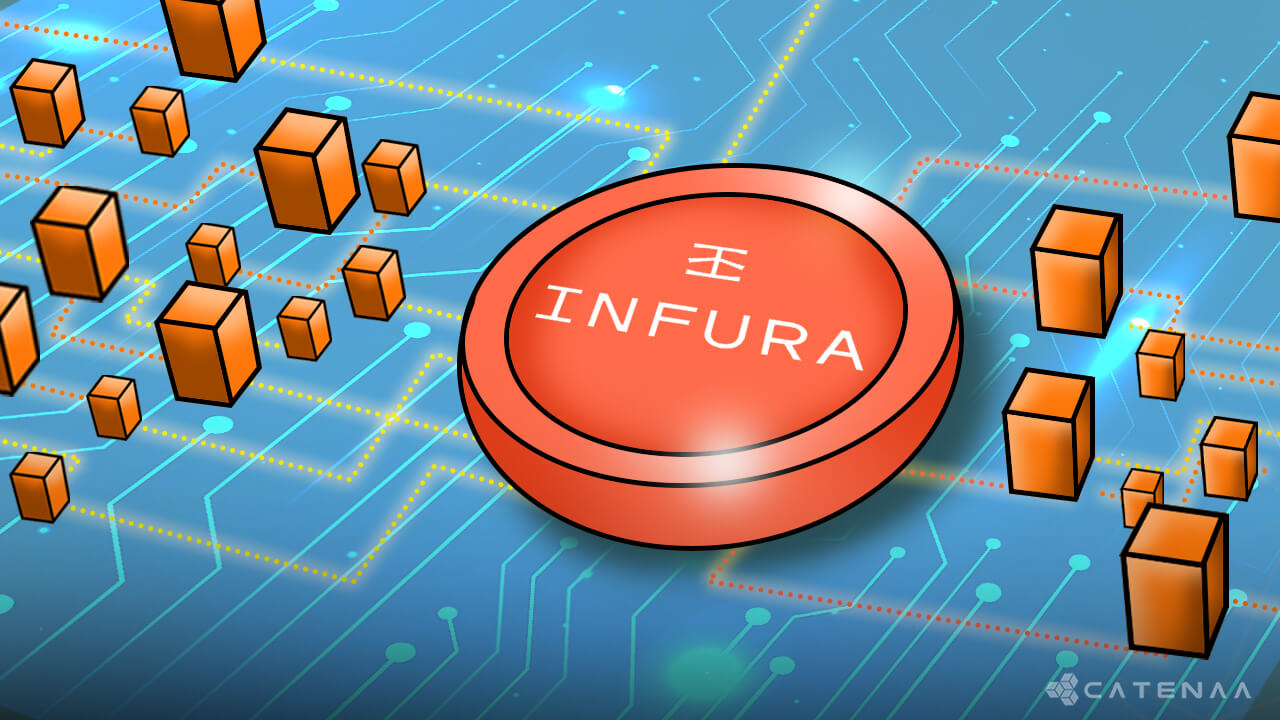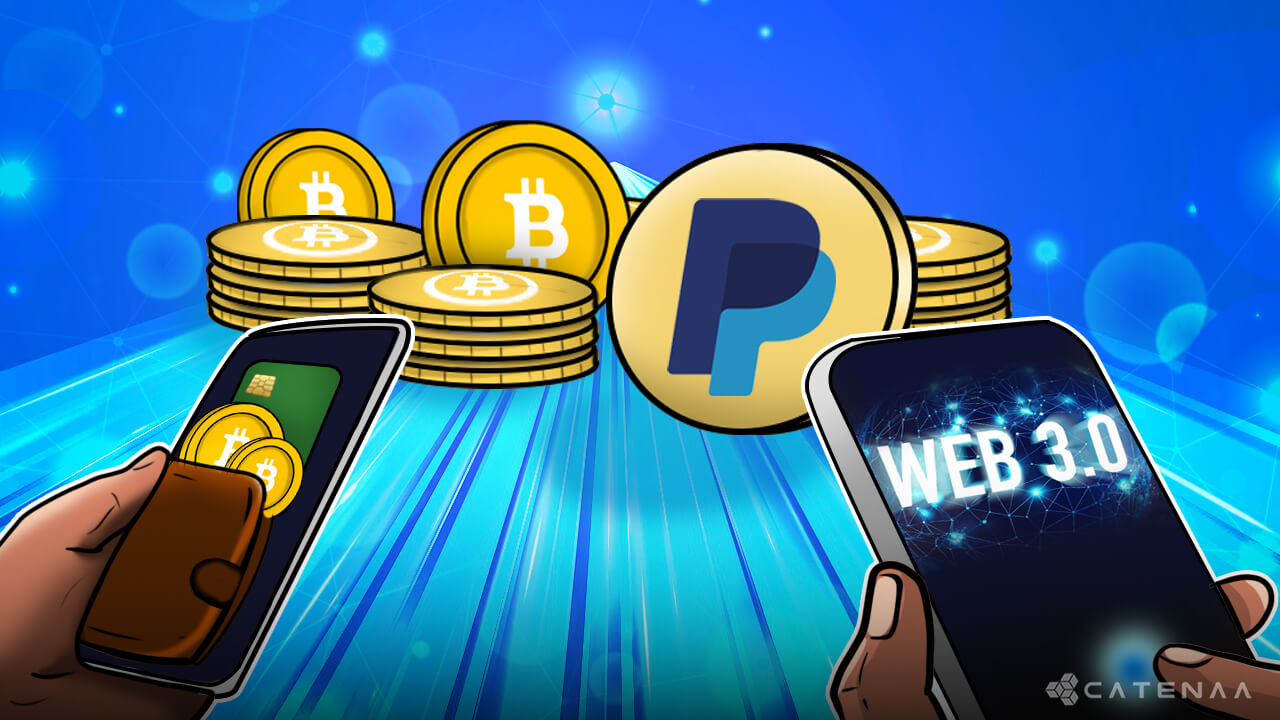California, September 12: Global Payments giant Visa announced in early September that it would expand its stablecoin capabilities to the Solana network.
Visa made the announcement on September 5, 2023, regarding its expansion of stablecoin settlement functionalities by incorporating Circle’s USDC on the Solana blockchain. Solona’s price jumped in the first week of September following the announcement.
The payments giant said in a statement dated September 5 that the development could help “improve the speed of cross-border settlement and provide a modern option for our clients to easily send or receive funds from Visa’s treasury.”1
Visa also released a thought leadership study done by Visa Analysts on Solona’s capabilities on Tuesday, September 12. 2
In the study titled “A deep dive on Solana, a high-performance blockchain network,” the authors say “Solana’s blockchain network has attributes like high transaction throughput and scalability at low cost that help make it a good candidate for payments and Visa’s stablecoin settlement pilot.”
The Study dubbed “Deep Dive” was co-authored by Mustafa Bedawala and Arjuna Wijeyekoon, with acknowledgments to Cuy Sheffield, Eduardo Lopez, Catherine Gu, Mert Ozbay, and Anuj Sisodiya.
Since 2021, Visa has been conducting trials with USDC, the second-largest stablecoin in the market, to investigate its potential applications within its treasury operations. The aim is to streamline and reduce the cost of currency conversion in cross-border payments.
The analysis emphasized Solana’s distinctive characteristics, including its impressive transaction processing capacity, scalability, and cost-efficiency. Consequently, Visa identified Solana as a prospective choice for its payment solutions and the company’s stablecoin settlement pilot program.
In the study, Visa underscores numerous benefits of Solana, notably its impressive average transaction rate of 400 per second. Visa points out that Solana distinguishes itself by its capacity to handle transactions concurrently, which not only boosts network efficiency but also prevents congestion.
It’s worth noting that transaction rates can even surpass 2,000 during periods of high demand. In contrast, Ethereum reaches up to 12 transactions per second (TPS), while Bitcoin achieves 7 TPS.
- Visa Lauds: https://investor.visa.com/news/news-details/2023/Visa-Expands-Stablecoin-Settlement-Capabilities-to-Merchant-Acquirers/default.aspx[↩]
- Visa Lauds: https://usa.visa.com/solutions/crypto/deep-dive-on-solana.html[↩]


